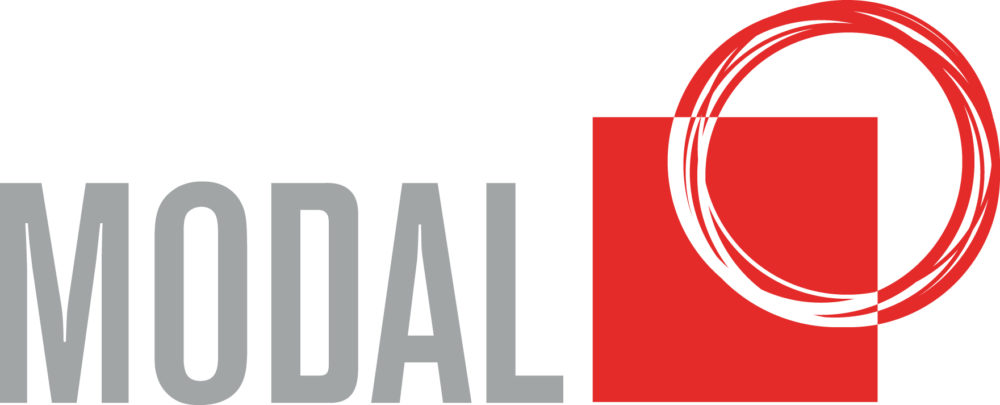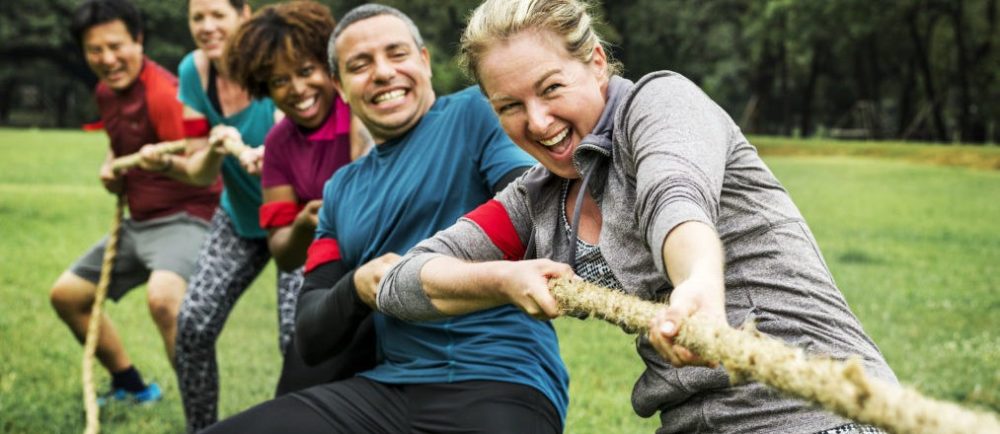Tribalism can be defined by the Oxford dictionary as the “behaviour and attitudes that stem from strong loyalty to one’s own tribe or social group”. Our innate psychological need to ‘belong’, is hard wired. Deci and Ryan in their research into people’s psychological needs have coined this ‘relatedness’.
It is the will to interact with, be connected to, and experience caring for others. You and I, as human beings, naturally experience this drive. But who we choose to relate to, and how we choose to relate, matters. It matters because it shapes what we believe. What we believe about people, organisations, ourselves and the world around us is shaped by who we see as our ‘Tribe’.
When we identify consciously or unconsciously with a particular ‘tribe’ in our organisation, Silos can start to form. Information doesn’t get shared. Trust starts to erode. Collaboration is not effective and innovation gets stifled. Its useful to understand the human motivators that can lead to this, but also how they can be leveraged to break down silos.
Since humans have been hunter/gatherers, a close knit tribe has been important for survival. Literally. The ability to trust and rely on others to have our back, to contribute collectively to food, warmth and shelter for all, has been critical. With the scarce resources of thousands of years ago, tribes had to compete, to get what they needed to survive. Sometimes this meant having to fight others. Sometimes this meant having to avoid others. Our brains having retained much the same structure since then, drive us unconsciously to evaluate “who is my tribe”? “Who will look out for me”, “who do I need to protect” and “who do i need protection from”?
Healthy vs unhealthy tribalism
Fast forward to current day and thankfully for many of us living in Australia, we are not so much in danger of being physically attacked by another tribe (obviously a different scenario in other places in the world). Yet our brains are still unconsciously scanning for threat. We now know the part of our brain called the Amygdala is responsible for this, and drives our ‘fight’, flight or freeze response under pressure.
Unhealthy tribalism arises in organisations when we identify only with those people most immediate to me (often ‘my team’). Labels make this easy to do. Operations team, HR team, finance team. Alternatively it can be across levels frontline vs managers vs executive levels. Our brain can then perceive others outside my tribe as a threat.
Healthy tribalism in organisations is when people identify first as part of a broader group or with the organisation itself. When people get to see the competing tribes are outside the organisation. Not in it. Some personality types need a focus for their competitiveness. When this is directed towards doing better than competitiors, this can be channelled in healthy ways.
Understanding unhealthy tribalism
Recent research in psychology shows that we unconsciously judge other people in 3 key ways when we meet*
- Morality: when we judge someone’s morality, we judge them based on how well they treat other people. Specifically, though, this judgment is about whether they treat others in “correct” and “principled” ways. Honesty, trustworthiness, and sincerity, for example, are morality judgments.
- Sociability: when we judge someone’s sociability, we judge them based on how much they treat other people in ways to promote affectionate relationships. Examples of this type of judgment would be how friendly, likable, and kind, the person seems.
- Competence: when we judge someone’s compentence, we judge them based on how capable we think the person is at accomplishing his or her goals. Whenever you judge someone’s intelligence, skillfulness, and confidence, you’re making a competence judgment.
Out of these 3 elements, the research suggests the morality component is the most important. People care most about your morals – “Are you honest”, “are you trustworthy”?
This judging of others automatically happens. If I can’t quickly see how your morals and values align with mine, I might unconsciouly decide that you are not part of my tribe. Then we have an “us vs them” mindset starting to form.
How to work with tribalism to break down silos
Here’s what I have learnt through recent research and 15 years of working with organisations to develop culture and teamwork.
- The Executive team need to do work to build vulnerability based trust within their team. They also need to define what they are willing to have shared accountability for. This promotes organisation first thinking (as opposed to ‘defending my patch’) at the top.
- Define the simple key message you want to cascade that addresses organisation first thinking. Then cascade it via face to face two way dialogue. My company MODAL did some work with a hospital that wanted to break down silos. They came up with a short but powerful message about the culture they wanted to create – “One team, one direction”. When they shared this message at all levels it gained real traction. HSBC undertook a key culture development initiative in South East Asia, and introduced a new organisational value for the region “Together we win”.
- Identify and set up cross-functional teams – e.g. culture results management team, project teams, employee representative groups, shadow boards. People who work in cross functional teams develop empathy and understanding for different parts of the organisation. A recommendation by PWC is to trial a “two in the box” approach. This is appointing two leaders of the cross functional team from diffrent departments, rather than a single leader.
- Introduce employees to the use of a common enterprise social network app e.g. Microsoft Yammer/Teams, Slack. Allowing people to create informal groups or chat informally on-line is important, especially for Generation Y and Z employees.
- Focus on creating trust and psychological safety within teams or cohorts by helping people get vulnerable with each other. This helps immensely with the morality component of unconscious judgement of others. When you are open and let your guard down a little, it will help others see you as more trustworthy.
For more on building vulnerability based trust see the SMH article:
https://www.smh.com.au/sport/how-vulnerability-became-sport-s-winning-weapon-20180514-p4zf72.html
References
* Marco Brambilla and Colin Wayne Leach (2014). On the Importance of Being Moral: The Distinctive Role of Morality in Social Judgment. Social Cognition: Vol. 32, No. 4, pp. 397-408.





